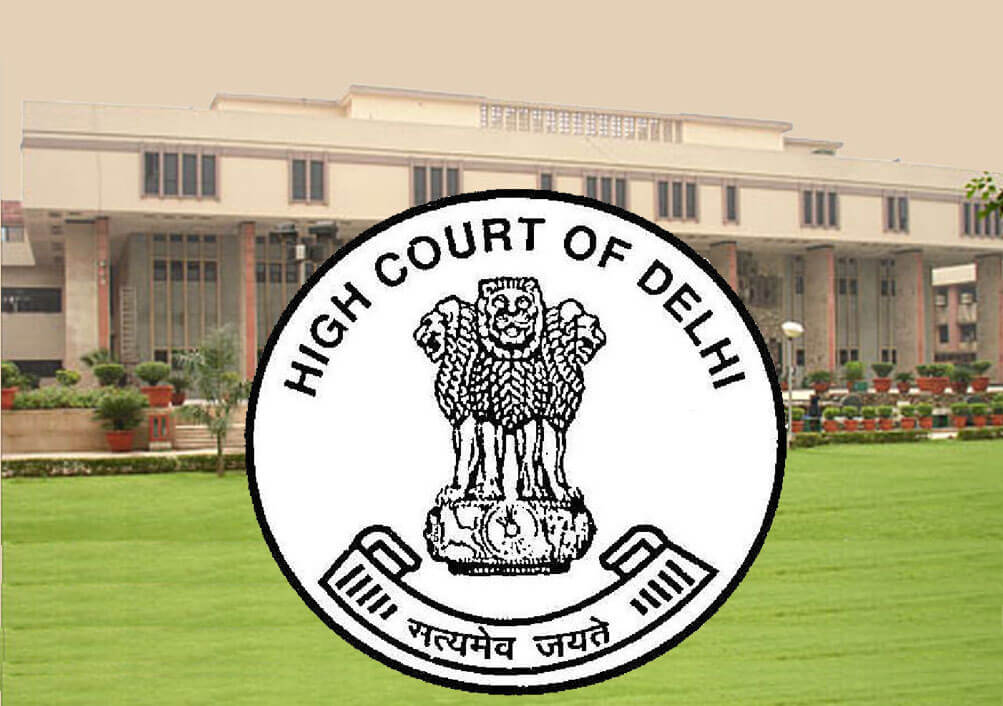In Bail Appln. 1175/2023 -DEL HC- Delhi High Court grants bail in dowry death case citing discrepancies in evidence
Justice Vikas Mahajan [20-11-2023]

Read Order: Rihan V. The State (GNCTD)
Chahat Varma
New Delhi, November 24, 2023: The Delhi High Court has granted bail to a man accused of murdering his wife in a dowry death case, citing discrepancies in the prosecution's evidence.
The accused, Rihan, had filed a petition seeking regular bail in connection with an FIR registered under Section 306 of the Indian Penal Code (IPC) and subsequent charges filed under Sections 306, 201, 498A, and 302 of the IPC.
The prosecution's case was based on the information received from GTB Hospital regarding the admission and subsequent death of the victim, Shama. The deceased's father stated that she had complained of being tortured by her husband for money and alleged that the accused had threatened her when she refused to comply with his monetary demands.
The single-judge bench of Justice Vikas Mahajan emphasized that an application for bail involved a comprehensive evaluation of multiple factors. These factors include determining whether there is prima facie or reasonable ground to believe the accused committed the offence, assessing the nature and gravity of the charge, considering the severity of the potential punishment upon conviction, evaluating the risk of the accused absconding or fleeing if granted bail, examining the character, and standing of the accused, gauging the likelihood of the offence being repeated, appraising the reasonable apprehension of witnesses being tampered with, and weighing the risk of justice being thwarted by the grant of bail.
The bench also cited the case of Satish Jaggi v. State of Chhattisgarh [LQ/SC/2007/596], wherein the Supreme Court had held in cases of non-bailable offences, the primary factor to be taken into account while considering a bail application was the nature and the gravity of the offence.
In the present case, the bench observed that the father of the deceased, while initially stating in his examination-in-chief that his daughter used to inform him about the accused demanding Rs. 5 lakhs for purchasing a plot, later, during cross-examination, claimed ignorance about the specific date of the alleged demand made by the accused. Additionally, he admitted to not filing any complaint regarding the harassment or cruelty faced by the deceased at the hands of the accused.
The bench also noted that the children of the accused, who were examined and supported the prosecution's case, were of a young age—around 8 and 9 years. The bench pointed out that, given their young age and the fact that they had been in the custody of the maternal grandparents since the death of the deceased, the possibility of their statements being influenced or tutored cannot be ruled out at this stage.
Further, the bench observed that, considering the unequivocal opinion of the doctor that the cause of death was asphyxia due to antemortem hanging, it prima facie indicated a misalignment between the medical evidence and the prosecution's narrative. The medical expert did not attribute the death to strangulation, emphasizing that ligature marks in hanging cases differed from those in strangulation. The bench, acknowledging the gaps in the evidence favouring the accused, decided that, at this point, the court could not ignore these discrepancies.
The bench noted that, among the 22 witnesses listed by the prosecution, only public witnesses had been examined so far. Consequently, a significant number of witnesses remained to be examined, pointing towards the likelihood of a protracted trial.
Considering these factors and the accused's extended custody, the Court concluded that no useful purpose would be served in keeping the accused in judicial custody. It also emphasized that there was no indication of the accused having a criminal record or being a flight risk, and that material witnesses had already been examined without the possibility of the accused influencing them if granted bail.
Thus, considering the factors in entirety, the Court was of the view that the accused had made out a case for the grant of regular bail.
Sign up for our weekly newsletter to stay up to date on our product, events featured blog, special offer and all of the exciting things that take place here at Legitquest.




Add a Comment